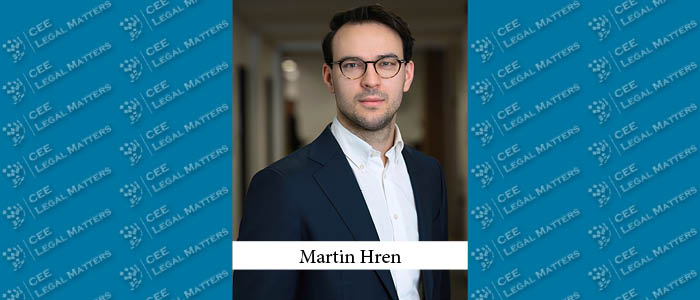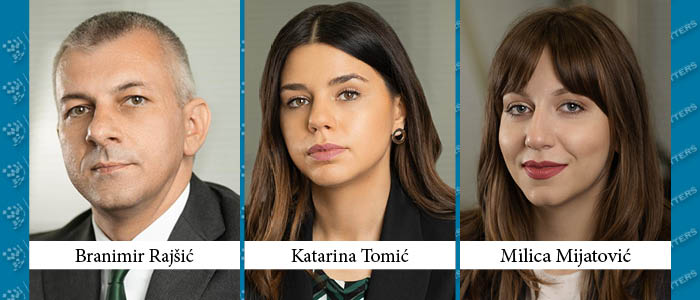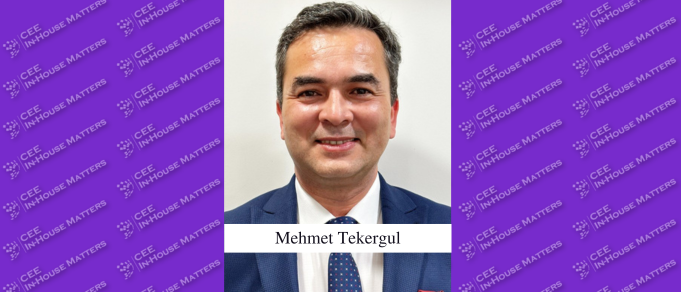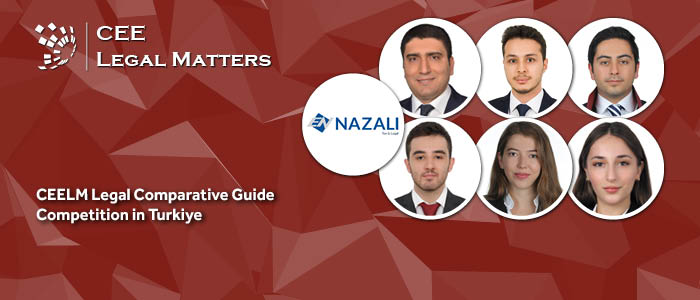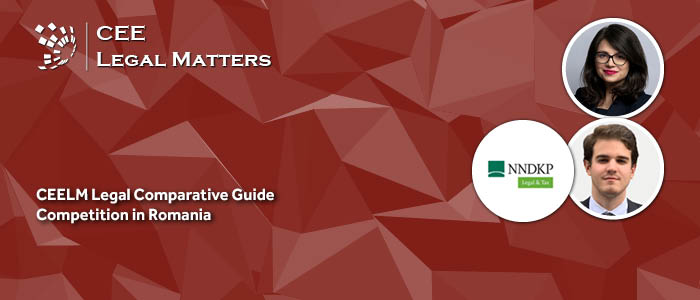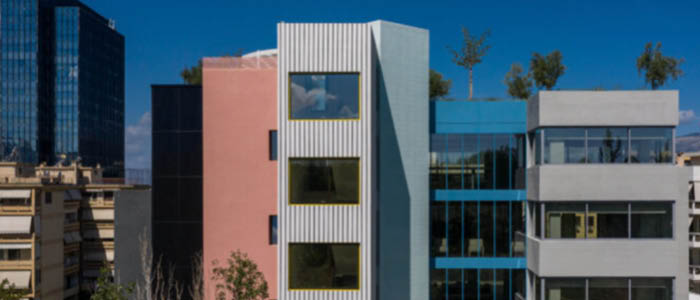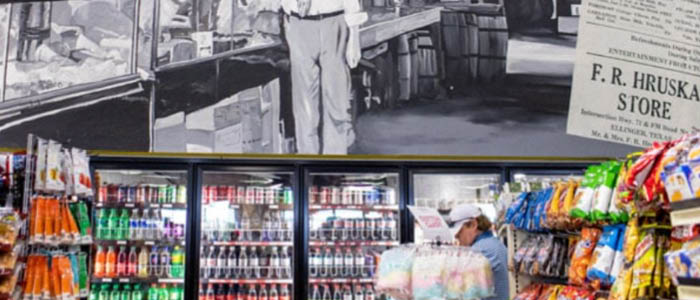Savoric & Partners has advised Jadran Hoteli on a partnership agreement with Marriott International under its Tribute Portfolio.
How Are Political Parties (Ab)Using Intellectual Property?
In the realm of modern politics, where every move is meticulously calculated and every tactic scrutinized, the strategic employment of intellectual property (IP) has emerged as a potent tool for political parties. From catchy slogans to iconic logos, intellectual property has become integral to shaping public perception and garnering support during election seasons. However, the fine line between legitimate use and exploitation of IP often blurs, raising ethical and legal questions about the (ab)use of intellectual property by political entities.
Posavec Vlasic & Mecar Opens Doors in Zagreb
Tihana Posavec Vlasic and Marko Mecar have teamed up to launch the Posavec Vlasic & Mecar Joint Law Office in Zagreb.
CEELM Deal of the Year Awards Banquet: And the Winner Is…
On the evening of April 25, 2024, the Deal of the Year Awards Banquet brought together, under the same roof, top-tier lawyers from Central and Eastern Europe's leading law firms in the region in Warsaw.
CMS Advises PPC on 2-Gigawatt Cooperation Framework Agreement with Mytilineos
CMS has advised Greece's Public Power Corporation on a cooperation framework agreement for the development and construction of almost 90 solar projects of up to 2,000 megawatts in Romania, Italy, Bulgaria, and Croatia. The deal is valued at up to EUR 2 billion and is expected to be implemented over the next three years.
BDV Advises Kommunalkredit Austria on EUR 25 Million Facility for Star Energy Group
BDV Batarelo Dvojkovic Vuchetich has advised Kommunalkredit Austria on a EUR 25 million facility for the Star Energy Group's transition strategy into geothermal energy and for enabling continued investment in the group’s oil and gas business.
The Season of Change in Croatia: A Buzz Interview with Martin Hren of NLaw
Impactful legal updates are on the ticket in Croatia according to NLaw Managing Partner Martin Hren, and the stage is set for changes that could significantly bolster the Adriatic country's start-up ecosystem and IT sector, with more work needed to support renewable energy projects and new technologies.
Competition and Laws and Regulations in Croatia
Contributed by Babic & Partners.
The Debrief: April 2024
In The Debrief, our Practice Leaders across CEE share updates on recent and upcoming legislation, consider the impact of recent court decisions, showcase landmark projects, and keep our readers apprised of the latest developments impacting their respective practice areas.
Unpacking the Minimum Tax Act: Implications for Slovenia, Croatia, and the Region
Slovenia and Croatia adopted the Minimum Tax Act (MTA). The MTA implements Directive (EU) 2022/2523 to ensure a global minimum level of taxation for multinational enterprise groups and large-scale domestic groups in the EU. The latter is a consequence of the OECD’s global fight against tax base erosion within the scope of Pillar II.
Kinstellar and Vukina & Partners Advise on S Immo's Sale of Zagrebtower
Kinstellar has advised S Immo on the sale of the Zagrebtower office building to the OTP Group. Vukina & Partners advised the OTP Group.
Vukmir & Associates and BMWC Advise on Sale of Ludwig Pfeiffer Adria
Vukmir & Associates, working with the German offices of Taylor Wessing, Reimer Rechtsanwaelte, and White & Case, has advised Ludwig Pfeiffer Hoch- und Tiefbau on the hive-down of all Croatian assets to the newly established Ludwig Pfeiffer Adria and its full sale to Croatian construction companies AMM and Vodoprivreda Vinkovici. Bradvica Maric Wahl Cesarec Skerlev advised the buyers.
Maja Seat Makes Partner at Miskovic & Miskovic
Former Miskovic & Miskovic Attorney-at-Law Maja Seat has been promoted to a Partner position with the Zagreb-based firm.
BDV Advises on Gideon and Toyota Strategic Cooperation Agreement for New Automated Logistics Solutions
BDV has advised Gideon on its strategic cooperation agreement for new automated logistics solutions with Toyota Material Handling Europe.
Croatian Legal Framework for Aparthotels – Pros and Cons to Consider Prior to Investment
Croatia ranks third among European Union countries in terms of home ownership, with a significant 91% of Croatians residing in real properties they either own or are owned by a household member. Typically, Croatians primarily use these owned residential properties for personal residential purposes. However, residential real property ownership is also regarded as a lucrative investment avenue. Individuals and companies often invest in real properties, either residential or commercial, on a buy-to-let model. In recent years, a hybrid model of aparthotels arose on the Adriatic coast, in the spatial zones designated for tourism industry. The model allows private investors to own a condominium unit in the tourism zone, utilising it for a specific period annually while deriving profit from its commercial use for the remaining period.
Kinstellar Advises Immofinanz on Sale of Grand Center Zagreb
Kinstellar has advised Immofinanz on its sale of the Grand Center Zagreb office building to an undisclosed Croatian real estate firm.
Bid Rigging – Navigating Between Competition and Public Procurement Worlds
In public procurement, the term bid rigging (also called collusive tendering) describes unlawful agreements between bidders with the intention of distorting the competition in award procedures and allowing a preferred tenderer to win the public contract while giving the impression that the process is truly competitive. The hidden agenda is often to force a high contract price that is not appropriate given the state of the market.
The Debrief: March 2024
In The Debrief, our Practice Leaders across CEE share updates on recent and upcoming legislation, consider the impact of recent court decisions, showcase landmark projects, and keep our readers apprised of the latest developments impacting their respective practice areas.







